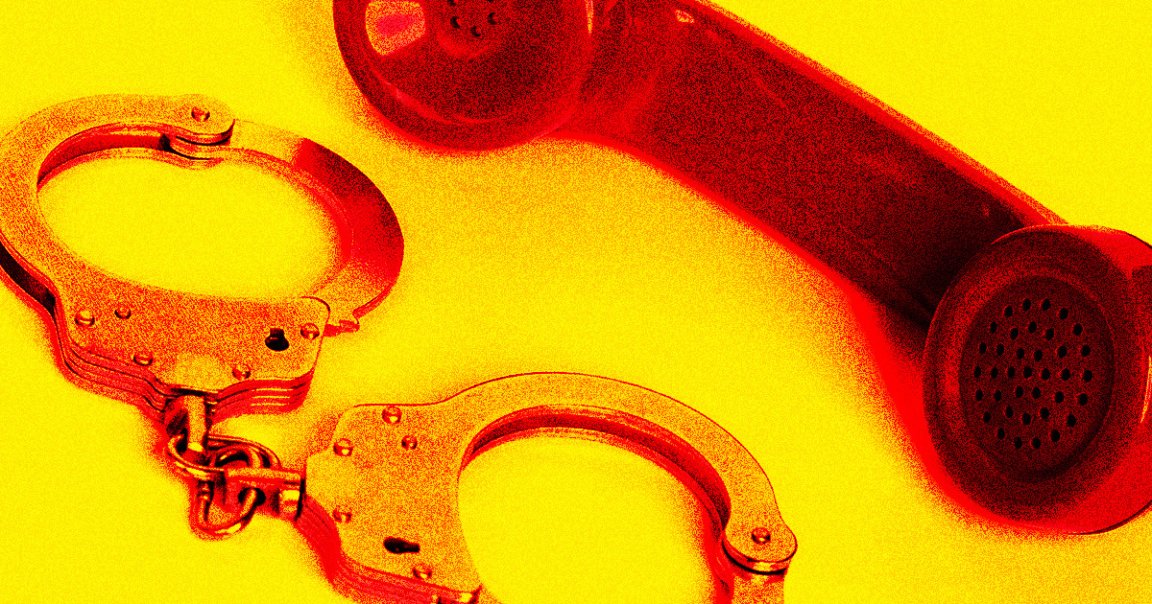
Calling Card
A prison phone company is in trouble with the feds after allegedly not just improperly securing its users’ data, but also failing to alert them for the better part of a year.
In a press release, the Federal Trade Commission (FTC) accused Global Tel*Link Corp — which, hilariously, uses GTL as an acronym — and two of its subsidiaries of failing to “implement adequate security safeguards to protect personal information” of its 650,000-odd users, which led, as these things so often do, to bad actors breaching its data banks.
To add insult to injury, the FTC alleges that GTL “waited approximately nine months to notify affected customers and only contacted 45,000 users — even though the breach may have affected hundreds of thousands of additional customers.”
Because there was such a lag between the hack and any kind of communication on GTL’s part, its users began reporting just a few months after the August 2020 breach that their personally identifiable information had turned up on the dark web, the FTC explained.
“This personally identifiable information included names, addresses, phone numbers, dates of birth, and driver’s license issue states,” the press release reported. “Some consumer complaints also indicated that consumers had been alerted to fraudulent transactions on their credit cards.”
In total, a staggering amount of GTL user information was said to be accessed by bad actors, including Social Security numbers, racial and ethnic data, and gender identity information — a perfect encapsulation of the appalling treatment of prisoners in the United States.
Did it Again
This is not the first time the Falls Church, Virginia-based company has been under scrutiny, either.
Back in 2015, the Federal Communications Commission (FCC) capped the price-per-minute for inmate phone calls at 11 cents — a slap in the face of sorts to GTL and other companies, which charged imprisoned folks upwards of $14 per minute to make phone calls due to the complicated bidding system involved in prison calling schemes.
In response, GTL sued the FCC to get the rules changed, ultimately getting appeals courts to grant a stay on the cap as it was duked out in court. Then in 2017, then-President Donald Trump installed Ajit Pai as the head of the FCC and the nemesis of net neutrality himself said that under his leadership, the agency would not enforce those rules.
GTL again made news in 2022 after a class action lawsuit revealed that it had seized hundreds of millions in customer funds from accounts that the company claimed were inactive.
None other than the FCC forced GTL to pay out $67 million in credits and refunds to customers harmed by its policies — and now, it’s under the watchful eye of yet another federal regulator for even more alleged shenanigans.
More on prisons: Alabama Prisoner Protests Being Test Subject for New Execution Technique